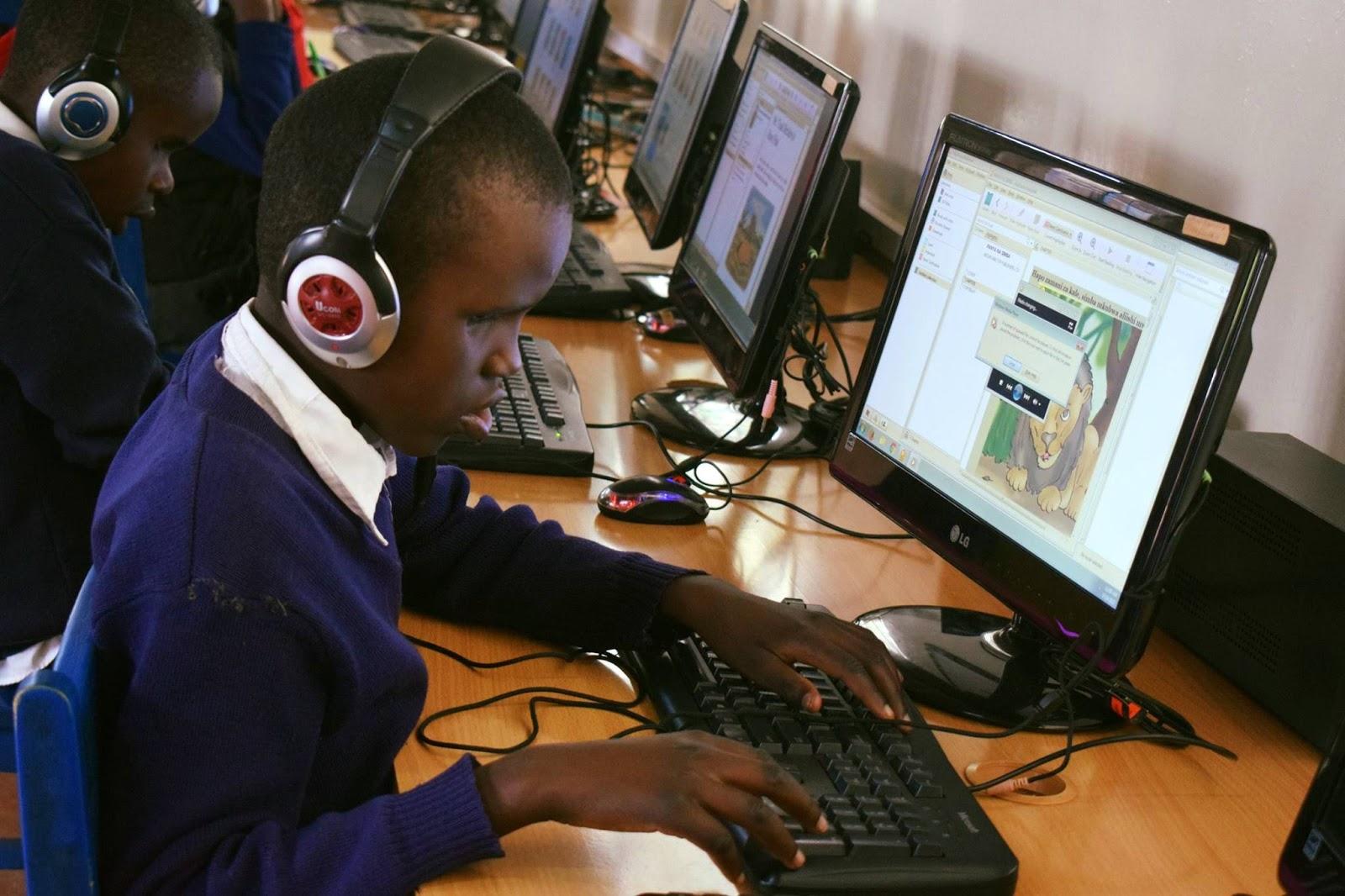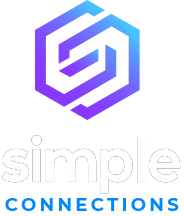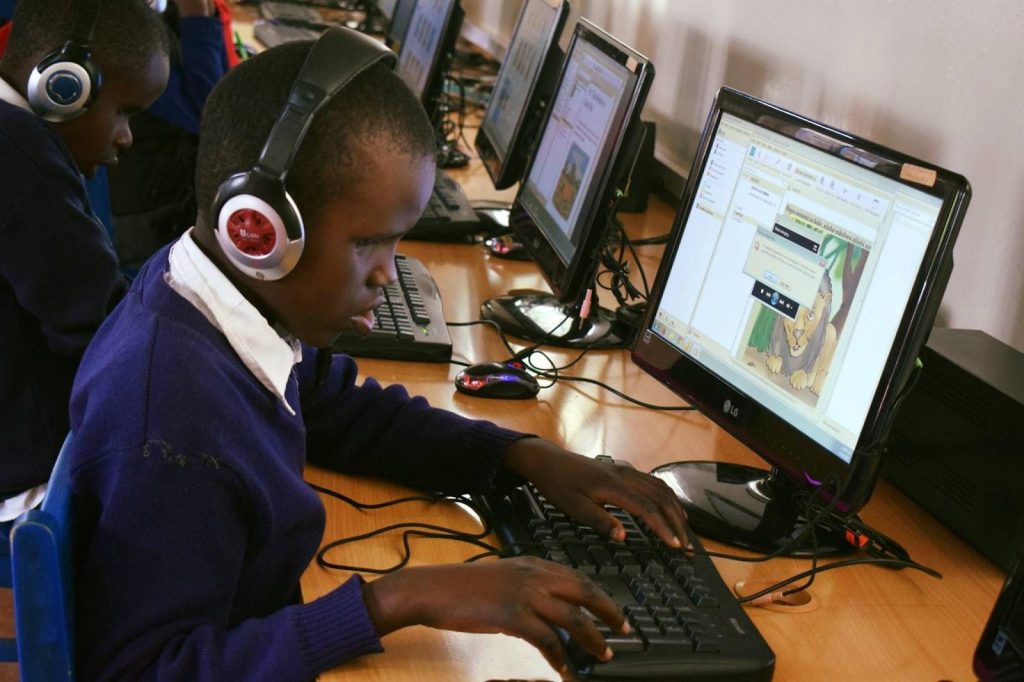
Table of Contents
Introduction
In Kenya, teachers struggle under a crippling lack of reading material and educational tools. Students are eager to learn, but there aren’t enough textbooks to go around. Even worse, students that suffer from visual impairments can’t use traditional textbooks and often get left behind.
eKitabu is an organization that provides digital textbooks to schools across Kenya and beyond. Digital textbooks cost 98% less than traditional textbooks and support text-to-speech so visually impaired students can learn. To eKitabu, it was clear that digital textbooks were the solution.
However, while the government of Kenya had supplied 1.1 million tablets and laptops to schools, there wasn’t an e-reader software available to them. So, eKitabu approached Simple Connections to develop a free-to-use e-reader software that works on the devices distributed by the Kenyan government.
By partnering with international teams at the Readium Foundation and UNICEF, the Simple Connections team created an e-reader software that has given thousands of children a brighter future through learning and literacy.
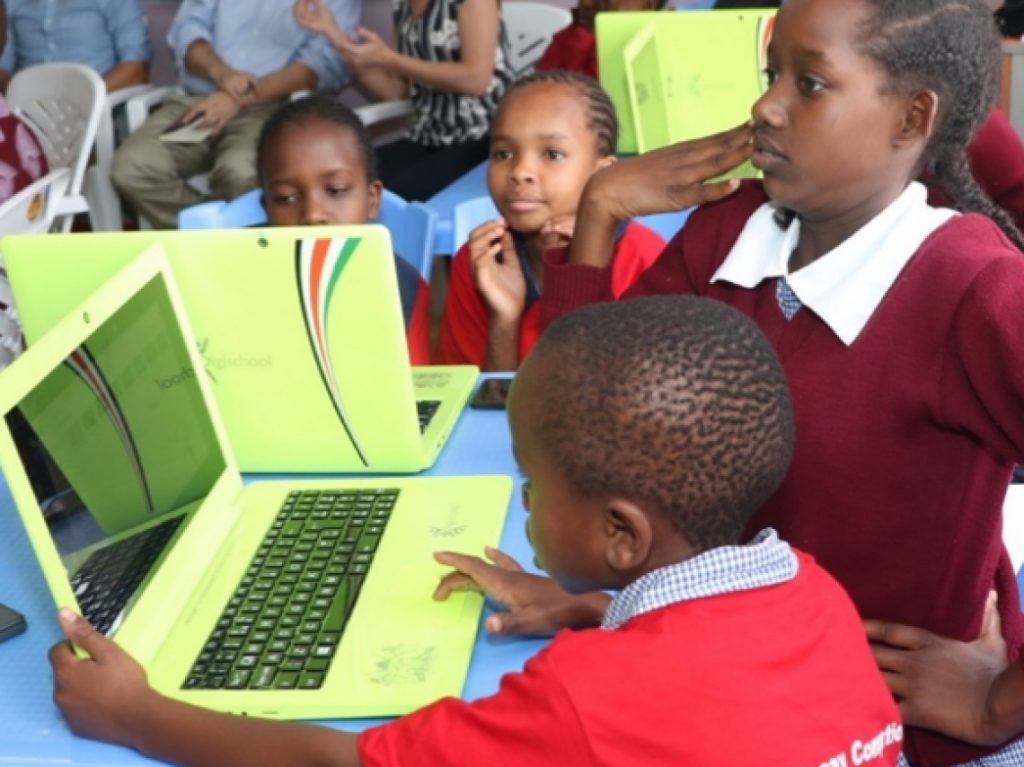
The Problem

The government of Kenya had done an excellent job in providing 1.1 million tablets and laptops to schools as part of a digital literacy initiative. Unfortunately, there was a lack of e-reader software that could meet the needs of Kenyan teachers and students.
Students needed to easily access digital textbooks, track their progress, and use text-to-speech so students with visual impairments could join their classmates in learning.
Additionally, teachers needed a dashboard that would let them track students’ progress and identify students that may need extra help.
Finally, the software needed to be completely open-source and free-to-use so teachers wouldn’t be constrained by complex license agreements or expensive software.
The Solution
Like all our projects, the Simple Connections team started by sitting down with eKitabu and learning about their business, their mission, and their needs. By carefully listening to eKitabu’s requirements, we were able to put together wireframes and prototypes that allowed eKitabu to make real-time feedback. This hands-on method allowed our team to quickly implement changes and expedite the development process.
Our solution was to create a world-class, open-source e-reader that could be installed onto tablets and enable students and teachers to easily access and manage digital textbooks. During the project we worked with an international team at the Readium Foundation to build off their e-reader technology and make it accessible to thousands of students.
The e-reader software allows students to access the right textbooks for their classes, in an interface that’s simple to navigate and use. Text-to-speech technology can read the textbook out-loud, so students with visual impairments are never left behind.
The Technology
Putting together an e-reader software that was easy-to-use, reliable, and allowed teachers to track progress was a challenging task. Making this project even more challenging was the unstable internet connections in some parts of Kenya.
Our team knew that students would not always have access to the internet. So, when it came to keeping track of student progress, we designed an off-line system that would track progress inside the e-reader software. Once the student connected to the internet again, the e-reader syncs that information to a database. This allows teachers to reliably track student progress, even when students use their e-readers offline.
The Simple Connections team also built a custom analytic and tracking engine into the e-reader software. These analytics help teachers understand how their students are using the textbooks and enables them to identify the best way to help students learn.
Ease of use was a crucial consideration. Students and teachers needed to be able to intuitively understand how to use the e-reader. The Simple Connections team used expert user experience designers to make certain that even students and teachers unfamiliar with tablets could simply pick up the e-reader and learn how to use it in minutes.
Finally, the entire app was built to be open-source so there would be zero cost to download and use it. The e-reader is not tied to any subscriptions or cloud services, so every student can equip themselves for learning.
Methods
- Hogan
- Mustache
- NodeJS
- PHP
- MySQL
- PouchDB
- Electron
Project Highlights
- Created a full-featured, open-source e-reader
- Implemented custom analytics and tracking so teachers can best help students
- Developed a system to store student analytics on the tablet until an internet connection is available
- Created a unique version of the e-reader for the University of Nairobi that lets students read textbooks on library computers
- Worked with the Readium Foundation and UNICEF
- Equipped thousands of children to better their futures through access to learning
The Result
The result was an e-reader app that enables students of all abilities to learn. Students can access their digital textbooks anytime, any where, and in any way they need.
Teachers can now see valuable data and analytics that helps them plan lessons, help students learn, and track progress across their entire classroom.
With over 1 million tablets supplied to all 23,000 public primary schools in Kenya, the e-reader app is equipping countless students to improve their future. The next generation of Kenyans now has unrivaled access to learning opportunities and literacy through technology.
Testimonial
“We’ve relied on Simple Connections as our go-to source for application development for over five years. We know we can rely on them to get the job done on time and on (often under) budget, with a result that looks great. The Simple Connections team understands the needs of startups and teams spread out internationally, and have helped us to organize and refine our processes, and helped define clear requirements. They always keep the end user in mind when creating software, and it shows in the final product.”
